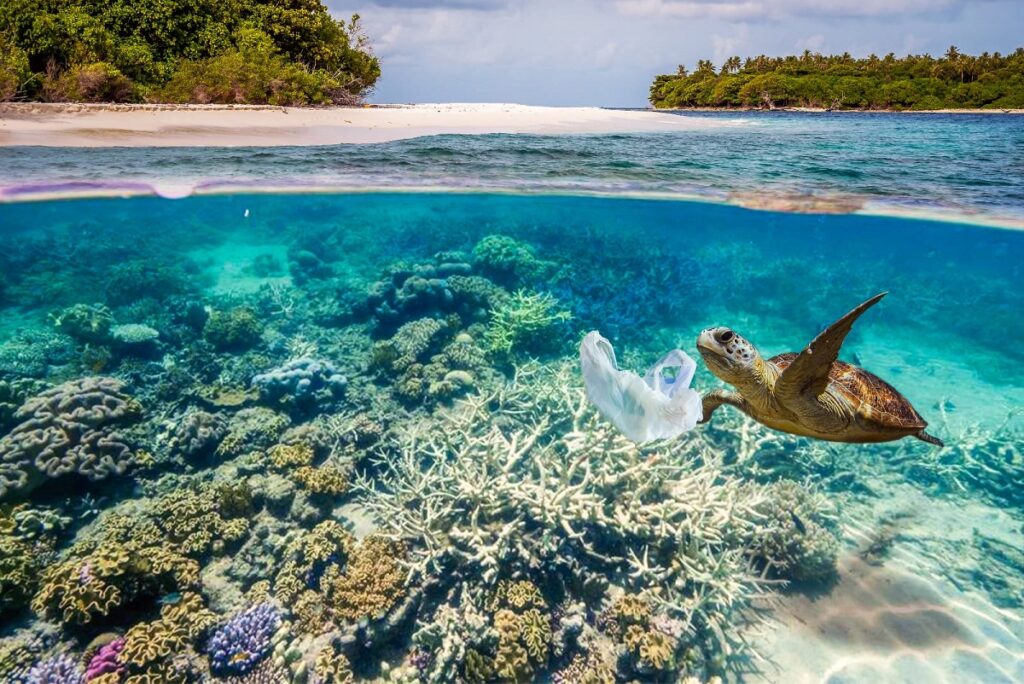A groundbreaking study, recently published in the journal Nature Climate Change, has shed light on the impact of extreme cold waves in the oceans, uncovering a phenomenon previously overlooked in scientific research. Conducted by a team of researchers hailing from Australia, France, the UK, and South Africa, the study delves into the repercussions of these chilling events on marine life, revealing alarming trends in species migration.
The investigation focused on a specific incident off the coast of South Africa in 2021, where an intense cold wave resulted in the demise of 260 marine organisms spanning over 80 species. This event served as a crucial case study, prompting researchers to delve deeper into the underlying causes and broader implications of such occurrences.
Analyzing sea surface temperature data spanning four decades, along with 33 years of wind records, the researchers observed a concerning trend of increasing intensity and frequency of these cold waves. Moreover, utilizing data from tagged bull sharks spanning 40 years, the team unveiled significant alterations in the behavior and habitat preferences of these apex predators in response to cold upwellings in the ocean.
Remarkably, the findings revealed that bull sharks exhibited a stark aversion to waters with temperatures below 19°C, prompting them to adjust their swimming patterns to avoid deeper, colder regions. This behavioral adaptation underscores the critical impact of temperature fluctuations on the ecological dynamics of marine ecosystems.
Of particular concern is the vulnerability of migratory marine megafauna, such as bull sharks, to sudden and extreme temperature shifts. As these species operate perilously close to their long-term thermal thresholds, the proliferation of cold upwellings poses a grave threat to their survival.
The study highlights the potential for ‘bait and switch’ scenarios, wherein rising water temperatures expand the range of certain species, only to subject them to unforeseen cold events. This phenomenon underscores the complexity of climate change’s impact on marine biodiversity and necessitates further investigation into the understudied realm of marine cold waves.
The 2021 marine cold wave, which unfolded within the Agulhas Current system, culminated in the tragic stranding of numerous marine organisms along the South African coastline. Among the casualties were not only iconic megafauna like sharks but also deep-sea dwellers including cephalopods and manta rays.
Temperature and wind data analysis revealed a correlation between warming waters and the formation of cold upwellings, particularly within the Agulhas Current and the East Australian Current in the Indian Ocean. This pattern underscores the intricate interplay between oceanic currents, temperature dynamics, and the ecological responses of marine life.
The study’s findings serve as a clarion call for intensified research efforts aimed at unraveling the complexities of marine cold waves and their cascading effects on global biodiversity. As the oceans continue to undergo rapid environmental changes, understanding and mitigating the impacts of these phenomena are paramount to safeguarding the health and resilience of marine ecosystems for future generations.
